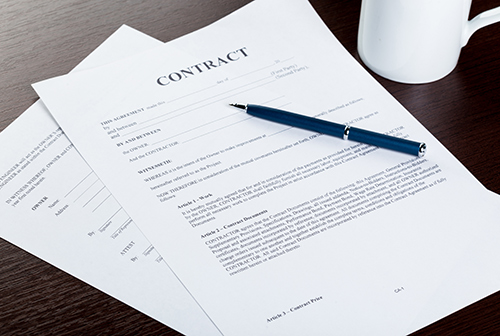The INTRAMAR team is very experienced with specific contracts within the oil- and gas and offshore wind industry. Most of these contracts show provisions regarding indemnification (hold harmless) waiver of subrogation rights and co-insurance of the client/principal.
These specific provisions combined with the typical business risks of the companies involved, are the basis of our advisory work. In close conjunction with the client will be consulted how contracting- / purchase / lease- / delivery terms and conditions, etc. can be optimized for the work.
As a next step the risk profile of the company’s activities will be determined together with the client.
Finally, investigations will be made how insurance requirements can be met and
what consequences this entails.
Ultimately, the process as described above should lead to coverage for the
following risks:






